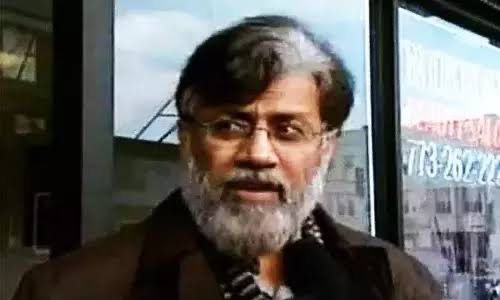Mumbai 26/11 attack accused and Pakistani-origin businessman Tahawwur Rana can be extradited to India, a US court has ruled. A panel of judges of the US Court of Appeals said that his offence, of alleged participation in the Mumbai attacks, fell well within the terms of the India-US Extradition Treaty.
The judges noted that India’s charges against Rana were distinct and quite different from the crimes for which he had been acquitted in the United States. They said India had provided “sufficient competent evidence” of Rana’s support for the terrorist organisation which carried out the mass attacks.
A jury had earlier convicted Rana of providing material support for a foreign terrorist organisation and conspiring to provide material support to a foiled plot to carry out terrorist attacks in Denmark.
But the jury acquitted Rana of conspiring to provide material support to terrorism related to the attacks in India. Rana served seven years in prison and was released on compassionate grounds. India then sought his extradition for the Mumbai attacks.
In his defence, Rana said the India-US Extradition Treaty protected him from being sent to India because of the double jeopardy provision (meaning he could not be tried twice for the same offence). He also argued that India had not provided sufficient evidence to demonstrate probable cause that he committed the charged crimes.
But the court rejected his arguments and ruled that he could be sent to India, a ruling that was confirmed by a court of habeas corpus. It was noted that India’s charged contained distinct elements from the crimes for which he had been acquitted in the US.
Rana is expected to appeal against this ruling. He has other legal options before him and will continue to fight to delay extradition to India. For India, the long legal effort to get its hands on the 26/11 conspirators wherever they may be, continues.
Thirty eight years in journalism, widely travelled, history buff with a preference for Old Monk Rum. Current interest/focus spans China, Technology and Trade. Recent reads: Steven Colls Directorate S and Alexander Frater's Chasing the Monsoon. Netflix/Prime video junkie. Loves animal videos on Facebook. Reluctant tweeter.





